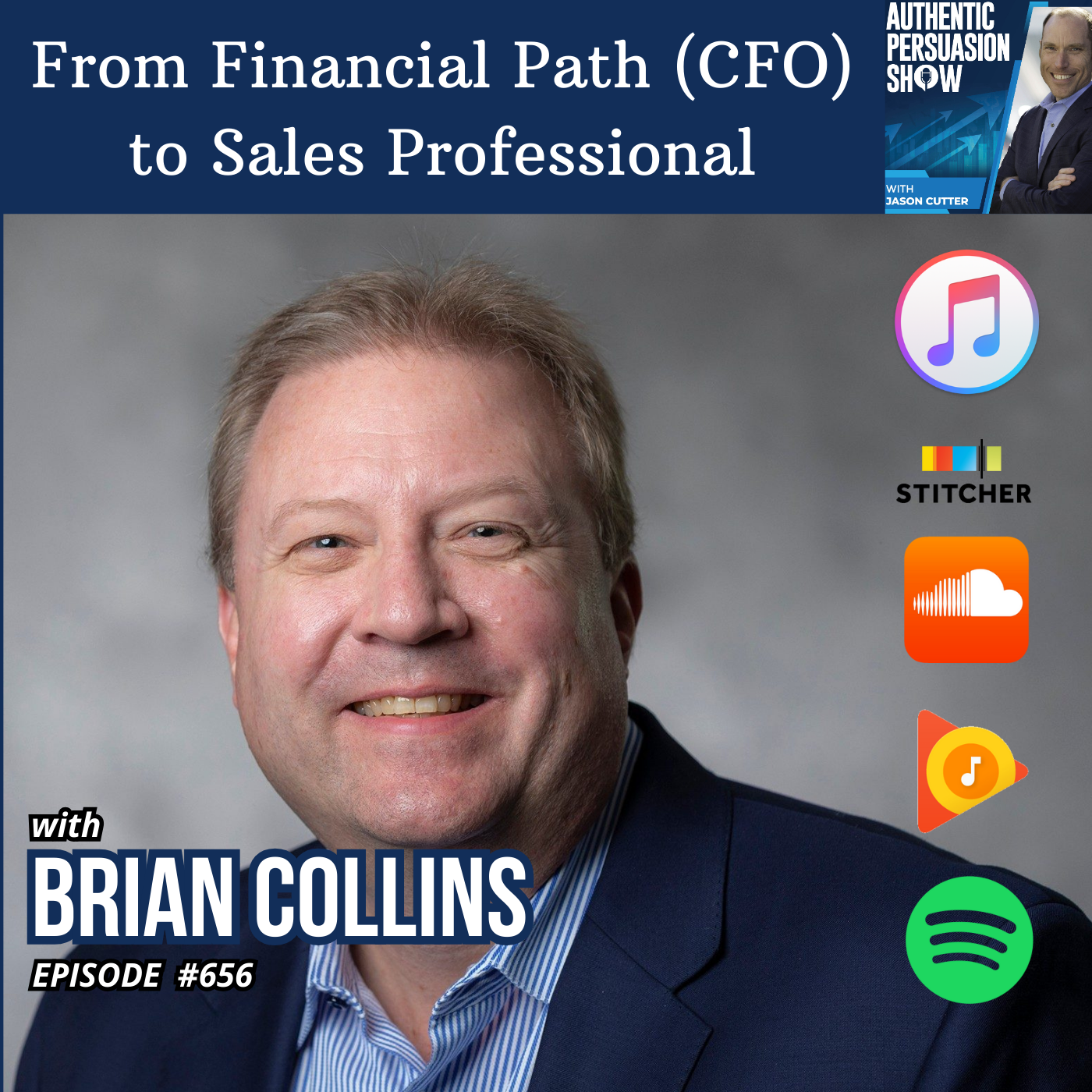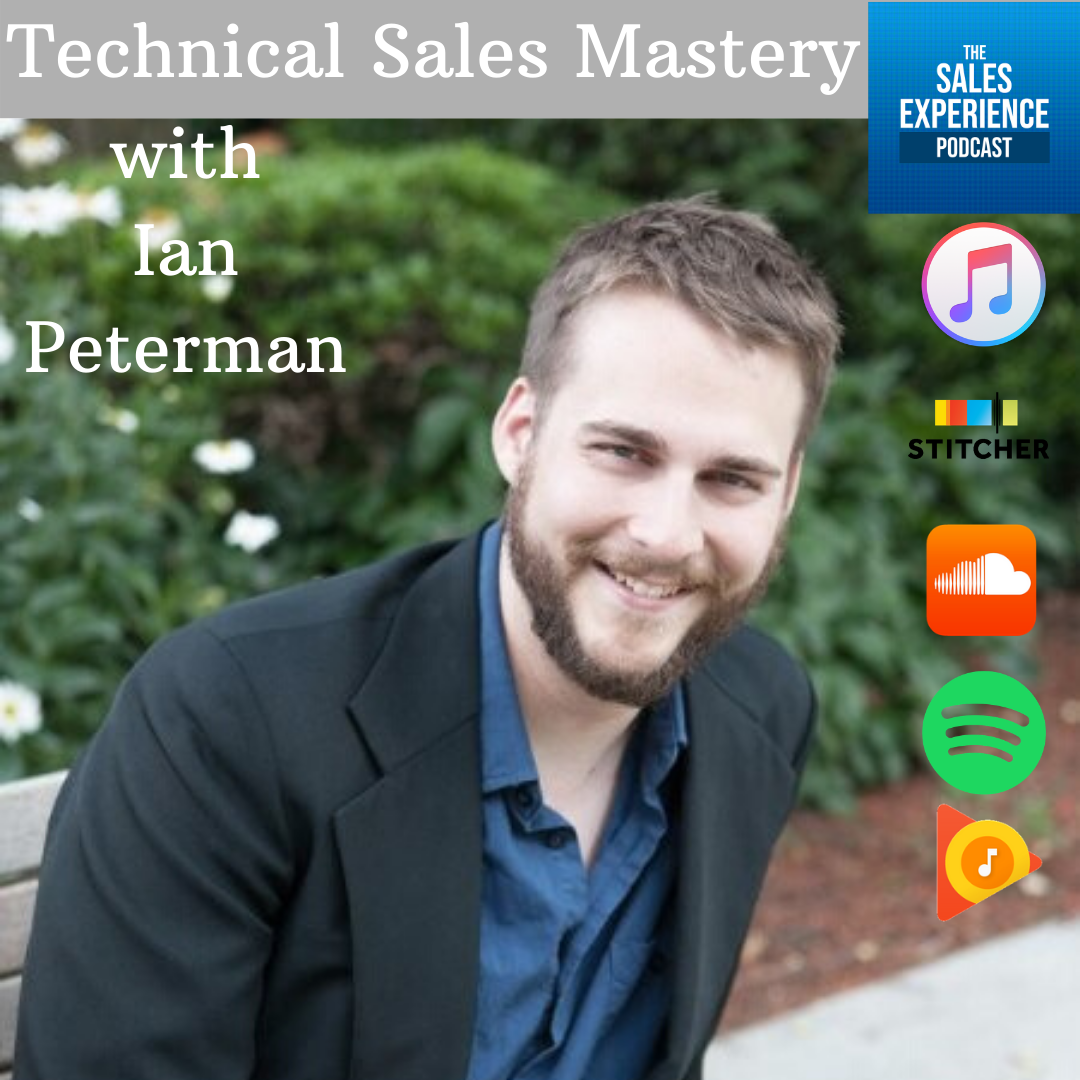Show Notes
Three groups covered…now for the final one – the Controllers.
If you have been listening along to these behavior episodes, then you know that the terms used are pretty descriptive.
Check out this episode to learn more about how Controllers deal with situations, their biggest fears, what they think about confrontation, and their empathy level towards other people.
Episode 38 – Transcript
[Coming Soon]
On this episode, I talked about the group that’s really mad at me. I’m sure, because I made them last in the list. This is the controllers. Welcome to Episode 38 of The Sales Experience Podcast. So far, I’ve covered three out of the four behavior groups. We talked about the main attributes, how they like to buy, how to sell to them, how not to sell to them. And similar to the disc model, if you’re familiar with it, the three groups that we covered analyst, promoters and supporters. Now it’s time to talk about that polar opposite group from the supporters, which is the controllers.
First off, like I said, if there’s any controllers listening, I’m sorry for upsetting you by putting you last on the list. I know you’re not used to that. I know you’re used to your way or else kind of mode and I put your last. So, what are the defining characteristics of the controller behavior group? You can tell by the name, they like to be in control. More than that, they really need to be in control. They know where they’re going and what needs to be done and they’re not afraid to make it happen, no matter what obstacles or people get in their way. And this is not to imply that they want to harm people or they willingly harm people. It’s just that they’re voted most likely to not let anyone’s feelings get in their way.
This group is the one that’s driving the bus and wants to be going from point A to point B, and they know it. And they’re not as worried about consensus and concerned about what everyone else thinks or what everyone else feels, they know where they want to go. If we jump into the conversation about confrontation, the confrontational level for the controller is full. It is high level confrontation mode.
And again, the point is not to hurt other people’s feelings, they don’t do confrontation because they like drama, they like to hurt other people. And it’s not that they don’t care, it’s just that they’re totally willing to use confrontation or to have confrontation as a way to interact with other people, they are not concerned.
If we talk about the supporters, and how they do everything to avoid confrontation, the controllers, on the other hand, are totally okay with confrontational arguments, conversations, debates with other people. And at a certain level, sometimes they actually enjoy it in different situations and scenarios, where they feel like they’re in control. Let me give you an example. I once knew somebody who was a controller, you know, by the nature of these behavior groups, and he actually enjoyed going to car lots and talking to sales people, and the interactions and the battle of buying a car.
In fact, in the last episode, I mentioned how a lot of times, if a supporter wants to buy a car, they’ll take a controller with them, somebody who actually can be that confrontational buffer. He was that guy that would go with somebody else, and be the one who loved it. He loved the battle of buying a car or not buying a car, knowing full well that he didn’t need the car, he was in full control, he could walk off the lot at any point. And so with nothing to lose, there’s no reason but to have fun with that person.
And again, for other groups out there, if you’re listening, and you’re like, wow, I would never do that. That’s not for me, that helps you understand kind of the mentality of somebody in this group and how they view confrontation versus others who wouldn’t want to be confrontational, or have a salesperson confront them, or upset with them, whatnot. For controllers, that’s totally okay with them because they view that as an outcome or a result of being in control or wanting to control a situation.
Now, this also plays into the flip side, which is their biggest fear, the biggest fear of a controller is not being in control situations that they cannot control or out of their control, or even people that they cannot control is a big fear or a blind spot that the controllers do not like. They like being in charge of a company where everyone works for them. And they can drive the bus and they got a everybody kind of in their control, whether it’s a negative or positive, but they’re controlling the situation, the scenario and the company, they want to be involved in everything.
They don’t like not being in control. They don’t like the thought of going into a situation where they’re not in control, somebody else might be in control or nobody’s in control, and it might be chaos. So at all times in their mind, it’s telling them to make sure that they have control or they’re very much aligned with whoever’s in control. And that’s important to know, especially when we get into the next episode and the conversation around how they like to buy, and then how you actually sell to someone like this.
Now, we’ve got the confrontation, we talked about fear, let’s talk about empathy. Their empathy level is similar to analysts, where it’s more pragmatic and analytical. As far as if somebody’s hurt, if somebody is in pain. You know, they want to help that person just move on and move away from the pain and just keep on moving forward. It’s not as loving and nurturing as a supporter. And again, keep in mind, I’m going to keep saying this over and over again, it’s not that their empathy or their support, or their nurturing is wrong. It’s just different. And so how they view it is, hey, let’s just keep going, get back on track, and move forward. It’ll be okay. Don’t worry about it. You know, I know some controllers in the past who have taught me lessons where they say, if you’re going through something right now, picture five years ahead of time from right now, will this drama, will this issue, will this problem, will this hurt that you’re going through right now, still be something that matters five years from now? In five years, when you look back to this point, will there be any energy, will it matter, will it be an issue? If it’s not move on, it’s not a big deal. And so that’s kind of the pragmatic approach to hurt and pain from controller/analyst perspective.
Now, keep in mind, if you were to put all of these four behavior groups into a box on opposite corners of a box, right, so everyone’s on a different corner, there is a primary behavior group for each person and then there’s a secondary one. So, you might be an analyst who’s also part supporter part controller. And so for a controlling person, for a controller, it really is going to depend. Their empathy level is going to depend on if they tend to be more analytical or more on the promoter side.
If they tend to be more of a promoter controller, then they’re going to view it as kind of pragmatic, but they’re still going to want to have fun to alleviate that pain, instead of just going all in on wanting to be analytical on it. All right.
That’s it for part one of the discussion on controllers. Make sure to come back tomorrow and listen to the second part. And like I said, I’m going to cover how they like to buy tips for actually selling to this group of people and what would make you most effective in dealing with them, both in a sales role as well as in relationships in your own life. Now, make sure that you subscribe to The Sales Experience Podcast, wherever you’re listening to these podcasts and download it all over the place. If you’re on iTunes, I would love it if you left a five star rating and a comment that helps so much.
And until next time, always remember that everything in life is sales and people will remember the experience you gave them.
![[E38] Behavior Week: Controller Part I – Fears, Confrontation, and Empathy](https://episodes.castos.com/salesexperiencepodcast/images/TSEP-Cover-Behavior-Week.png)


